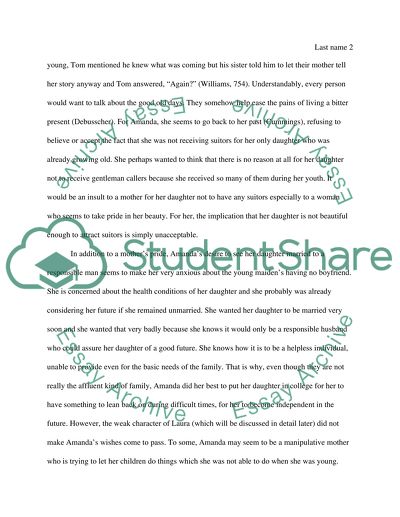Cite this document
(“Characters in Glass Menagerie Essay Example | Topics and Well Written Essays - 2000 words”, n.d.)
Retrieved from https://studentshare.org/english/1478049-characters-in-glass-menagerie
Retrieved from https://studentshare.org/english/1478049-characters-in-glass-menagerie
(Characters in Glass Menagerie Essay Example | Topics and Well Written Essays - 2000 Words)
https://studentshare.org/english/1478049-characters-in-glass-menagerie.
https://studentshare.org/english/1478049-characters-in-glass-menagerie.
“Characters in Glass Menagerie Essay Example | Topics and Well Written Essays - 2000 Words”, n.d. https://studentshare.org/english/1478049-characters-in-glass-menagerie.


